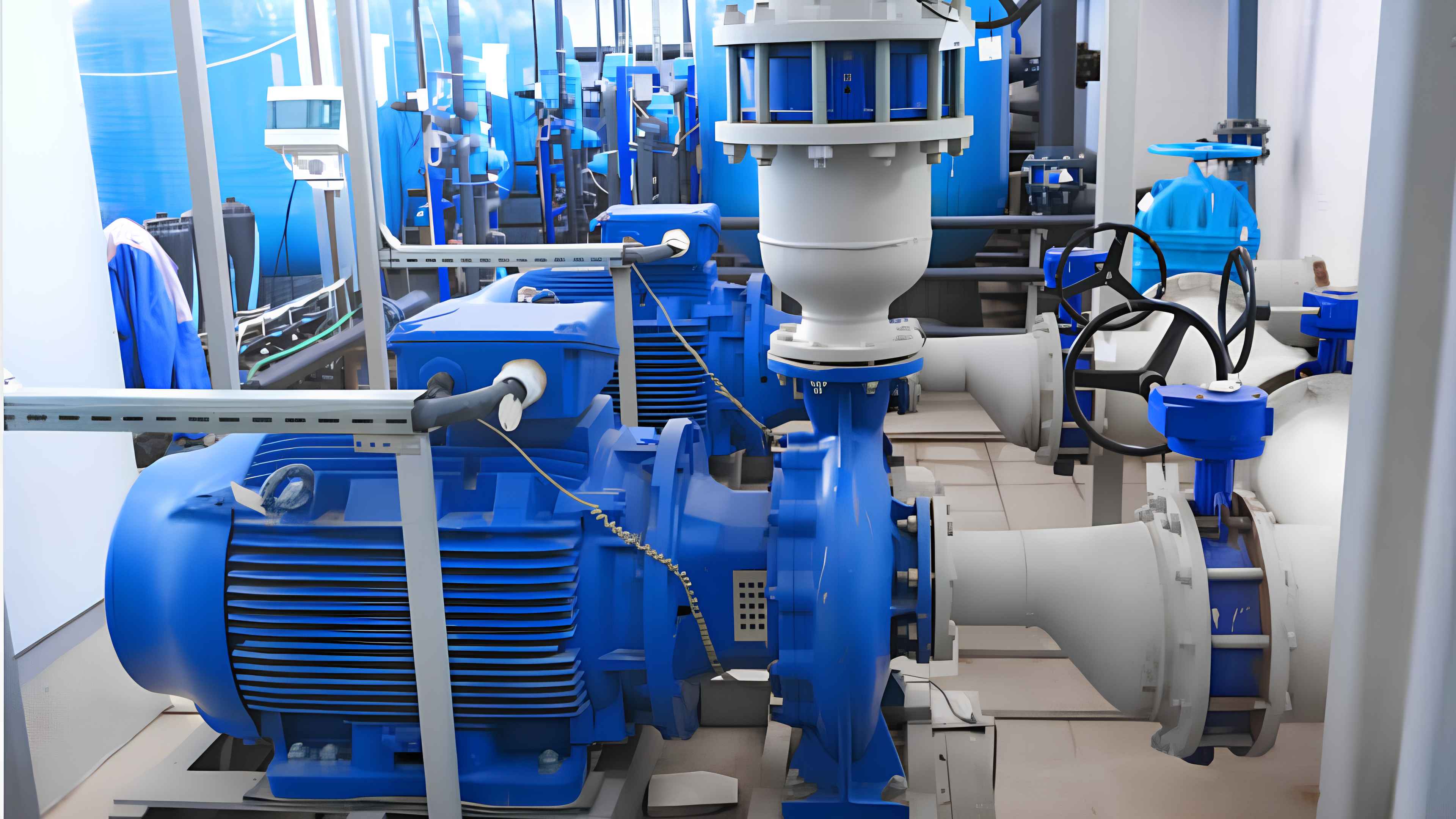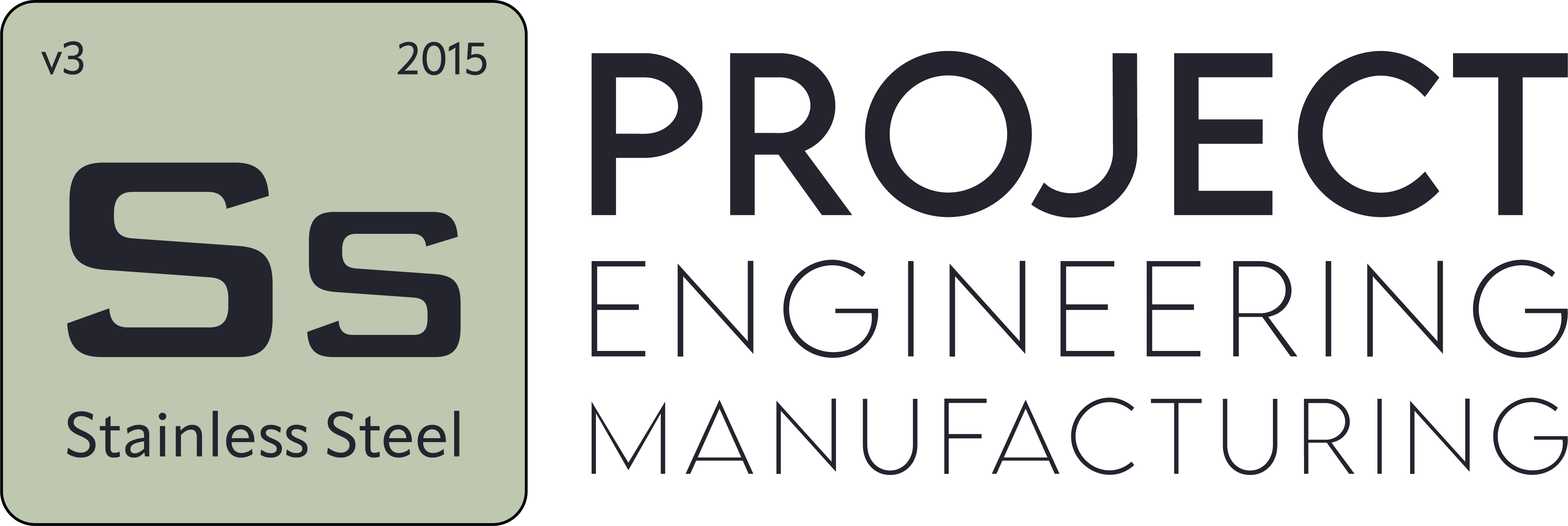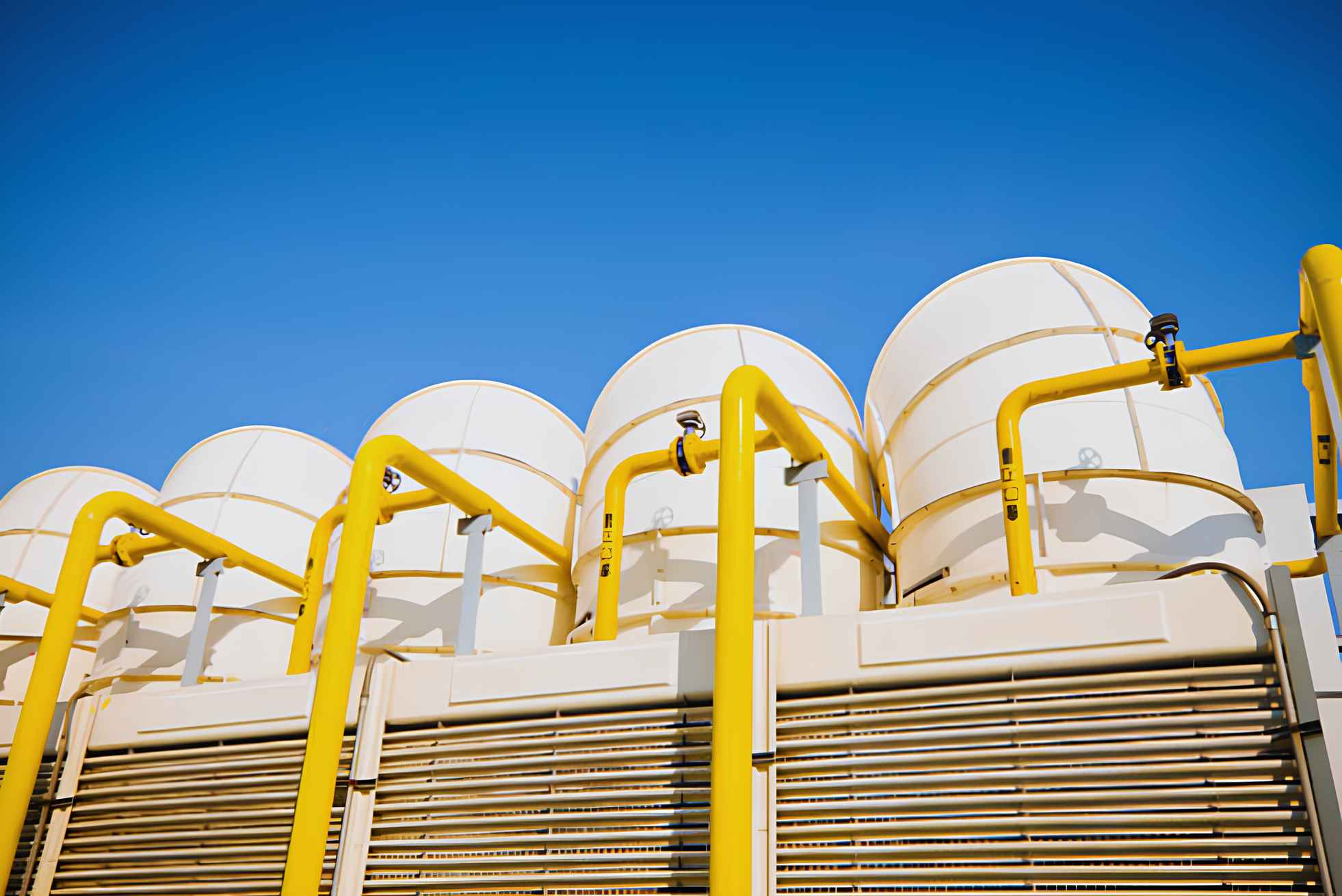WFI Systems Water for Injection and Inhalation
- Blog
- WFI Systems Water for Injection and Inhalation
WFI Systems Water for Injection and Inhalation
Contents
- What are WFI Systems?
- What are the Usage Areas of WFI Systems?
- What are the Advantages of WFI Systems?
- How Do WFI Systems Work?
- What are the Technologies Used in WFI Systems?
- What are the Standards and Regulations Related to WFI Systems?
- How to Maintain and Calibrate WFI Systems?
- What is the Future of WFI Systems?
- What are the Innovative Applications of WFI Systems?
- What are the Legal Requirements for WFI Systems?
- WFI Systems: Sectoral Differences and Features
What are WFI Systems?
WFI (Water for Injection) systems are water production systems that are of critical importance in the pharmaceutical and medical industries. These systems are designed for use in the production of various injectable products by providing high purity water. WFI refers not only to water quality, but also to specific standards that ensure the safe use of this water in production processes. Generally, WFI systems use advanced purification technologies to rid water of microorganisms. These technologies include methods such as distillation, reverse osmosis and sterilization with ultraviolet (UV) rays.
WFI production is vital for the safety and effectiveness of pharmaceutical products. Water used in production processes improves product quality by eliminating potential sources of contamination. WFI systems are also used in a variety of applications in industrial facilities; for example, in fields such as biotechnology, food safety and laboratory research. In the design of these systems, parameters such as temperature, pH and chemical purity of the water are constantly monitored. In this way, water quality is kept under control at every stage of the production process.
WFI systems, more than just having a certain functionality, have become an indispensable part of modern production processes. The use of these systems in the pharmaceutical industry increases product safety and also plays an important role in quality management. Providing high purity water contributes to the development of the industry by providing innovative solutions in research and development processes. WFI systems both improve the quality of production processes and help maintain health and safety standards.
What are the Usage Areas of WFI Systems?
WFI systems have important applications in many industries. Most notably in the pharmaceutical industry, WFI water is used as a critical ingredient in the production of medicines and vaccines. Solutions required for inhalation therapies are prepared using WFI water; This increases the safety and effectiveness of the products. WFI is also widely preferred in the formulation of parenteral drugs and preparation of sterile water-based solutions. Such practices provide patients with access to high-quality products during their treatment processes.
WFI systems are also of great importance in the food industry. High purity water is required in food production, especially for the hygienic production of products such as milk and dairy products, confectionery and beverages. WFI systems improve food safety by providing the water necessary for the safe processing of such products. In addition, WFI water is a critical component in the development and production of biotechnological products. Used in cell cultures, gene therapies and vaccine production, WFI forms the basis of research and applications in this field.
What are the Advantages of WFI Systems?
WFI systems have many advantages. First of all, its capacity to provide high purity water increases the safety of products and minimizes the risk of contamination. Since this water is free from microorganisms, chemical impurities and pyrogens, it maintains the effectiveness and stability of the products. WFI systems provide energy efficiency; thus reducing operating costs. Thanks to advanced control systems, the water production process is constantly monitored and optimized, ensuring users have a reliable water supply throughout their production processes. WFI systems stand out for their ability to deliver both cost-effectiveness and high-quality production.

How Do WFI Systems Work?
WFI systems are based on a several-stage purification process to obtain high purity of water. First, the water source is cleared of large particles and contaminants. Next, the distillation process is carried out; At this stage, water is evaporated by boiling and then condensed and turned into liquid again. This process increases the purity of the water and ensures the removal of unwanted components. In the purification process, UV rays are used to purify the water from microorganisms. This multi-stage system guarantees high purity water. The efficiency of WFI systems is achieved by the combination of these treatment processes.
What are the Technologies Used in WFI Systems?
Different treatment technologies are used in WFI systems. One of the most common methods is distillation; This is based on the principle of boiling and evaporating water. This method increases the purity of water and effectively removes unwanted substances. Another technology is the reverse osmosis process. This process allows water to be passed through a semi-permeable membrane to separate impurities. In addition, ultraviolet (UV) sterilization is used to increase the safety of water for microorganisms. All these technologies increase the effectiveness of WFI systems, ensuring water of the highest purity.
What are the Standards and Regulations Related to WFI Systems?
WFI systems must operate within the framework of certain standards and regulations. International pharmaceutical standards determine the purity levels of water required for WFI production. The European Pharmacopoeia and the American Pharmacopoeia are the most important documents that determine the definition and requirements of WFI. These standards aim to control microbiological and chemical impurities of water. Designing and operating WFI systems in accordance with these standards is vital to maintaining product quality. Compliance with regulations increases the reliability of manufacturers in the market and enables them to offer quality products to consumers.
How to Maintain and Calibrate WFI Systems?
Regular maintenance and calibration is essential for WFI systems to function properly. It is necessary to periodically check the equipment and constantly monitor the water quality. Cleaning filters and membranes increases the efficiency of the system. In addition, correct temperature and pressure settings ensure safe operation of the system. Maintenance operations must be carried out in accordance with the instructions recommended by the manufacturer and recorded. This optimizes the performance of the system and prevents possible malfunctions. Having users have knowledge about the system and receive training increases the effectiveness of maintenance processes.
What is the Future of WFI Systems?
WFI systems are becoming more efficient and sustainable with the development of technology. Innovative filtration techniques and automation systems speed up production processes and increase safety. Environmentally friendly solutions provide more sustainable production by reducing water consumption. In the future, WFI systems are expected to become more intelligent and integrated. This will allow manufacturers to deliver quality products more quickly and effectively. Industry advances will also help expand WFI systems into broader application areas.
What are the Innovative Applications of WFI Systems?
WFI systems attract attention with their innovative applications. In the field of biotechnology, it plays an important role in the production of genetic products and cell cultures. In addition, it is also used in the sterilization of medical devices and various laboratory applications. WFI systems are indispensable in providing the high quality water required for inhalation therapies. It is expected that these systems will be integrated into more sectors in the future. For example, environmentally friendly water purification systems will enable the expansion of WFI applications. Thus, both sustainability will be ensured and product quality will be increased.
What are the Legal Requirements for WFI Systems?
WFI systems operate subject to legal requirements. Relevant health authorities require these systems to comply with certain standards to ensure the safety of pharmaceutical and medical products. Manufacturing facilities must take these legal requirements into account when designing and operating WFI systems. Compliance with legal regulations is of vital importance in terms of both protecting product quality and ensuring consumer safety. Therefore, legal requirements must be fully fulfilled in the design and operation of WFI systems.
WFI Systems: Sectoral Differences and Features
Different industries show various differences in the use of WFI systems. For example, the pharmaceutical sector demands high purity water, while this demand may be lower in the food sector. Each sector has its own regulations and standards. This affects the design and applicability of WFI systems. The features and operation of WFI systems used in each sector also vary. For example, WFI systems designed specifically for medical devices may have different requirements than systems used in other industries. Therefore, proper selection and implementation of WFI systems on a sector-by-sector basis is of great importance.


